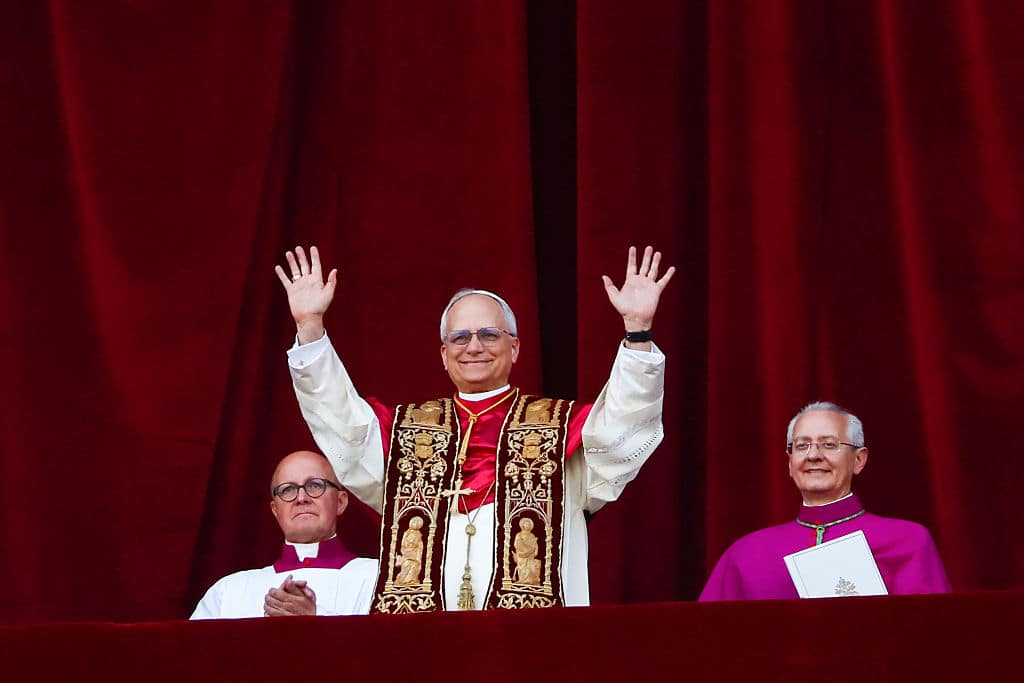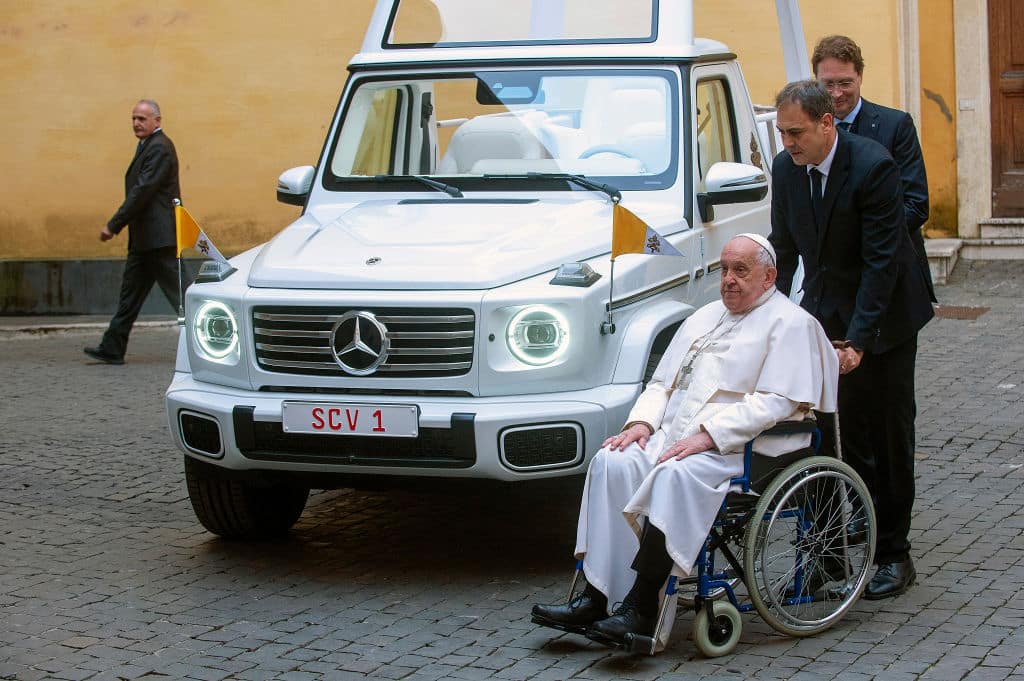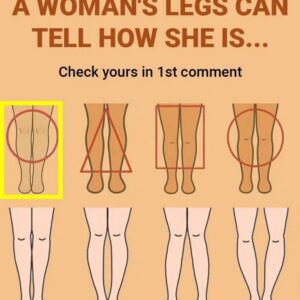Does the Pope Get Paid? Inside Pope Leo XIV’s Modest Lifestyle and the Finances of the Papacy
When news broke that Robert Francis Prevost would become the first-ever American pope, many were curious not just about the spiritual implications, but about something more practical — how much does the Pope actually get paid?
Does the Pope Receive a Salary?
Despite being one of the most influential figures in the world, the Pope doesn’t earn a conventional paycheck. Instead, Pope Leo XIV — like his predecessors — is provided with everything he needs by the Vatican, from accommodations to food, healthcare, travel, and personal security.
In technical terms, estimates suggest a papal “salary” would be somewhere around €2,500 per month (roughly $2,650 USD). But in practice, the Pope doesn’t draw a traditional income. Rather, he lives on an all-expenses-paid arrangement — a lifestyle that’s more about spiritual leadership than financial reward.
Pope Leo XIV Follows Francis’ Footsteps
Pope Leo XIV is expected to maintain the humble approach modeled by Pope Francis, who famously rejected luxury and instead chose simplicity. Francis lived in the Domus Sanctae Marthae guesthouse rather than the opulent Apostolic Palace. Even when gifted a nearly $950,000 Lamborghini Huracán in 2017, he auctioned it and donated the proceeds to charity.
“God loves us, God loves you all, and evil will not prevail!”
Pope Leo XIV declared during his first address, signaling a papacy likely grounded in humility and service.
What Is the Pope’s Net Worth?
Though he receives no formal salary, the Pope has access to extensive resources. Pope Francis’s estimated net worth was reported around $12 million — not from personal wealth, but from the Vatican’s funding for travel, security, housing, and charitable missions.
These resources aren’t used for personal indulgence. For example, Pope Francis donated $215,000 to support prisoners in Rome. Similarly, Pope Leo XIV is expected to use his influence and resources for the benefit of others.
The Vatican’s Finances: Where the Money Comes From
The Vatican operates as its own sovereign city-state with multiple revenue streams:
Global donations (including Peter’s Pence, which raises about $25 million annually)
Tourism and admission to Vatican Museums
Real estate and investments
In 2013, the CIA World Factbook estimated Vatican revenues at $315 million and expenditures at $348 million. By 2023, the Vatican was reporting an operating deficit of $90 million, highlighting ongoing concerns about financial sustainability — particularly pensions for Vatican employees.
Efforts Toward Transparency and Reform
To address budget shortfalls, Pope Francis introduced reforms including pay cuts for high-ranking clergy. In 2021, salaries for cardinals and bishops were reduced to curb spending and improve transparency.
These financial challenges reinforce why the Pope’s role is rooted more in stewardship than in salary. The Vatican prioritizes its mission of global outreach, faith leadership, and humanitarian aid — and the Pope’s lifestyle reflects that commitment.
The Papacy: A Role of Influence, Not Income
Pope Leo XIV may now hold one of the most revered spiritual offices in the world, but his life will be far from lavish in personal terms. His day-to-day needs will be covered, but his focus will be on service — to the Church, to the faithful, and to the global community.
As the first American to lead the Catholic Church, Pope Leo XIV’s every move will be closely watched. But when it comes to money, his path is already clear: one of humility, not wealth.
Key Takeaway:
**The Pope doesn’t earn a paycheck — he lives on Church-provided resources and leads a life rooted in simplicity, not personal financial gain.**







